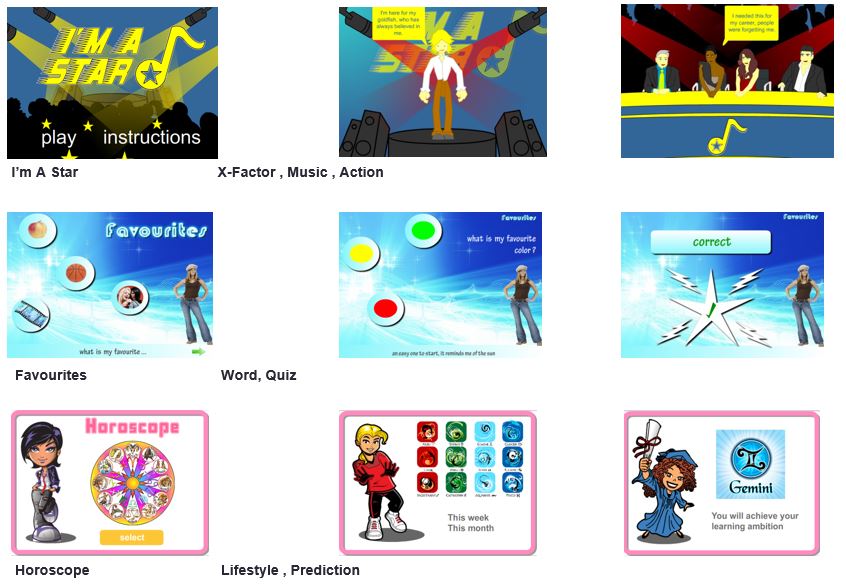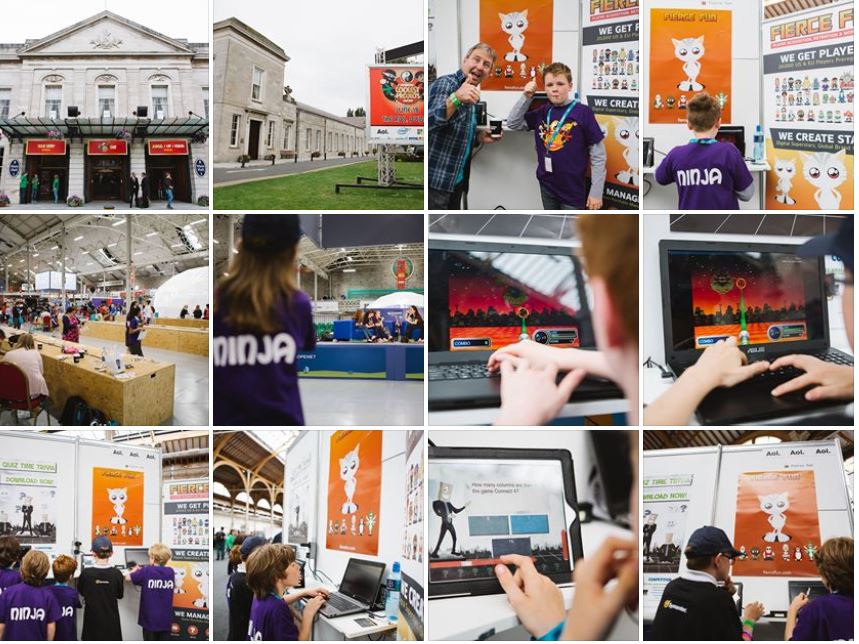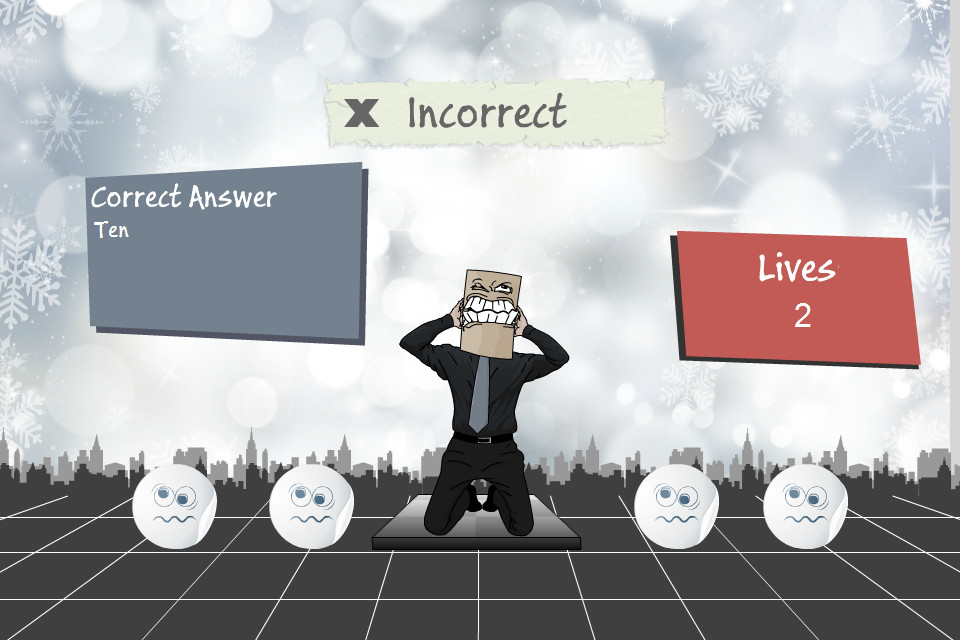Virtual Reality was new to the market in 2016. But now has it come of age in 2017?

At GDC in 2016, one, Patrick Walker peeped into the future to predict what is now occurring, see link below. He indicated the huge investment in VR of over a billion dollars in 2015/16 and this got a lot of game developers interested. But is it possible to prise the market away from the big boys? Probably not? Just look at the 2017 best selling VR games with games from Rockstar, Epic, Impulse Gear and Capcom all with big titles and new iterations of popular franchises in VR.
2016 VR hype shifts to reality thanks in no small measure to PSVR. It’s got good immersion and is now accessible widely and buy to entry is cheaper than rivals. PSVR has at the moment first to market advantage and will be an entry point for early adopters of VR.
All the big players want in and interesting to see the situation today as a gold rush. Suffice to say you need deep pockets to enter this market. Walker provides insightful market analysis on the non-VR gamers and their expectancy on the price of entry with just about 50% unwilling to pay over $350 for the kit. So unit price must drop to attract a critical mass.
Price is everything
He points to the price problem of upgrading your hardware to handle the VR. Understandably if PSVR can do this without it using a unique console it makes sense. So it transpires the players need deep pockets as well. What’s new?
He outlines the product providers with marketing stats research reviewing their ability to compete and how they are seen. These stats are from the time of his talk but are still very pertinent today.
Let’s look at a few VR providers. HTC Vive (Steam VR) – Thought of as expensive with average content availability. Oculus Rift Considered expensive with not too many games. PSVR is cheaper with a good bank of content. Viewing the VR game charts of today ( Feb 2017) the game content for all platforms has increased considerably as developers are trying for first to market advantage, with whichever system prevails. So there is more choice on all systems.
In Nov 2016 the Walker said the market was saturated but predicted more of the same with new entrants waiting for VR to become financially viable for their brand. Again it’s a balancing act between console or PC with consoles being preferable. A disadvantage for non-console VR is that the system requirements for VR are expensive because VR requires high refresh rates pushed to two displays, it’s going to be fairly demanding.
Below are the recommended system requirements for the Oculus Rift, which are likely fairly similar to what you’ll need to support Steam VR. — NVIDIA GTX 970 / AMD 290 equivalent or greater— Intel i5-4590 equivalent or greater— 8GB+ RAM— Compatible HDMI 1.3 video output— 2x USB 3.0 ports— Windows 7 SP1 or newer.
What the players think
Reviewing VR games by existing or potential customers seem to highlight that gamers value user review as opposed to price, unlike mobile games. Logical really as the entry point into VR is so high that gamers expect to pay a premium price for a premium experience.
Other stats that were interesting is the correlation between VR user score and minutes playing which is not indicative of popularity, unlike other platforms, maybe because of the sea sick syndrome? However, retention is a good indicator and it is marked by players returning again and again. So varied metrics for VR games should be used to assess their popularity.
Walker gave some predictions regarding new entrants to the race, some of which has come to pass. He is also predicting Facebook and Apple entering the market and the technology advancing rapidly. He also sees Microsoft having an interest specifically in Augmented Reality or AR, seeing it as the preferable experience in the future. But judging by todays parameters, he thinks mobile and social VR seem to provide the biggest potential for future growth. Walker provided a good overview of the market which is still in flux as we speak but consolidating by the day. As a marketer of games, I found it very informative and advise you to watch the virtual space.
VR talk VR focus Nov 2016 Watch it here
Patrick Walker EEDARTrack / Format Games & Entertainment Overview
http://www.gdcvault.com/play/1023900/Data-and-Insights-in-the








 This issue has come back into focus again as the UK government is now granting tax breaks to computer game development companies. Qualifying companies can get up to 25% relief on their development costs. Others countries such as France and Canada has also successfully introduced tax incentives for video game development companies.
This issue has come back into focus again as the UK government is now granting tax breaks to computer game development companies. Qualifying companies can get up to 25% relief on their development costs. Others countries such as France and Canada has also successfully introduced tax incentives for video game development companies.